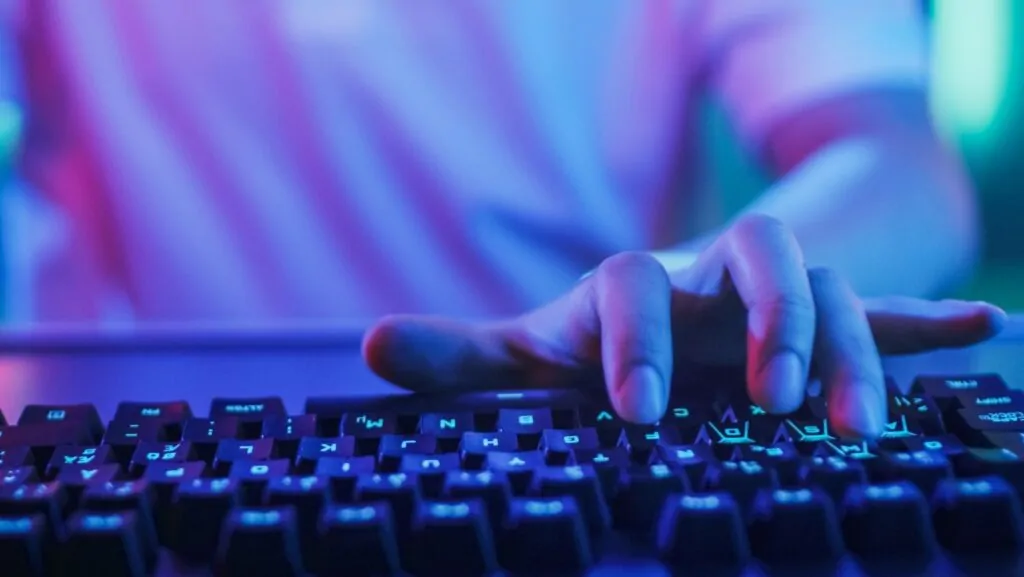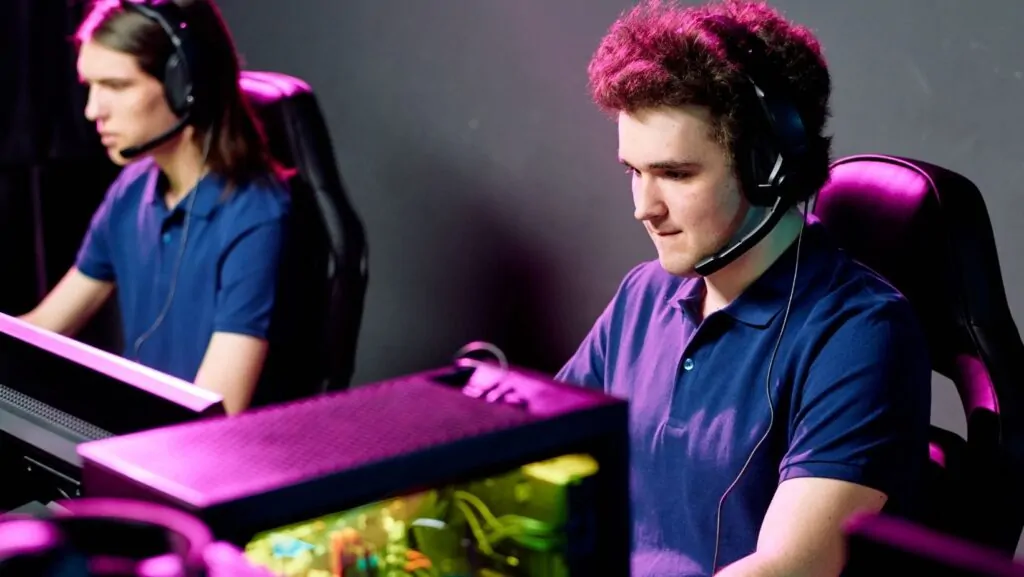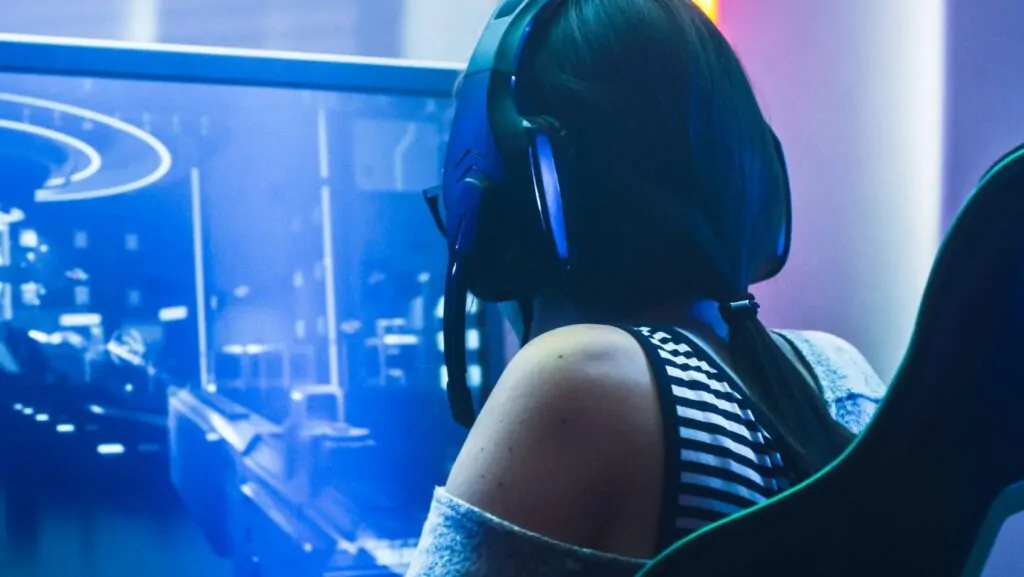Table of Contents
Video games have often been on the receiving end of criticism and blamed for several perceived shortcomings of modern youths. This bad reputation which is often unfounded often shadows the positives that video games, especially eSports, can offer. If you are still asking if esports is a sport, you should consider the over 125 college steams participating in various esports leagues globally. These include teams from small universities like Jarvis Christian College to Ivy league teams like the Harvard esports team. Even sportswriters agree it is a fun activity.
One of the benefits of esports is helping students develop soft skills that they can use during their learning and apply them at the workplace. Soft skills are increasingly becoming highly sought after and are often the difference between an average candidate and an ideal candidate. These skills can be nurtured and enhanced through regular participation in esports. While absorbing the intricate aspects of these games, UK students also learn teamwork, communication, problem-solving, and strategic planning. However, in the academic world, it’s equally important to remember that the integrity of work, like essays or reports on esports and their benefits, is essential. Utilizing resources like EssayPro’s Plagiarism Checker ensures that their work is original and devoid of plagiarism, providing a comprehensive learning experience that balances both the soft skills learned from gaming and the academic skills needed for future success.
Here is a deeper exploration of the soft skills games and how UK students can benefit from them.

What soft skills e-sports can develop in students?
Teamwork
Most esports use teams and success depends on the team members sharing and collaborating. The benefits of teamwork in sports are similar to what the workplace requires. They have to be selfless and keep adapting their strategies to the strengths of each team member.
Imagination
Imagination and creativity are vital aspects at school and the workplace. It turns out they are essential in esports, too, since it is the only way a player will find ways to overcome set game obstacles and beat fellow competitors. At work, it helps one formulate strategies, whether in sales or production, that will connect with the target market and reach desired goals.
At school, imagination and creativity are essential when undertaking various written assignments and practical tests. Perhaps one of the areas students need vision most is essay writing. Most British students seeking help with essay writing turn to proven writing services. While with time and with the right support, they can apply what they have developed from esports, which could be time-consuming and late for present essays. This happens in the UK and other parts of the world.
Beyond offering timely submissions, the best online essay service expert also provides plagiarism-free works. A student can pick from any of the experienced writers, all offering low prices. Thus, as the skill develops with each moment spent paying esports, school work is not compromised.

Problem-solving
All games pose a puzzle and challenge to the player, and there is no shying away from it. Players have to analyze their options and think critically to achieve their objectives.
Decision making
Being decisive saves the players the risk of stagnation and spending time overthinking. There is a risk of being timed out or getting your avatar killed. Similarly, the school and workplace all require fast decision-making skills, or one will suffer from the negative effects of procrastination.
What are soft skills and their importance for students?
A definition of soft skills would help underly their importance and why esports could be an invaluable resource. Soft skills are intangible and non-technical attributes and abilities that relate to how you work. Unlike hard skills (technical skills), they are not taught in a specific school program and have more to do with your personality and attitudes.
They include things like time management, communication, adaptability, critical thinking, creativity, and so much more. Even in the age of automation, technology cannot yet replicate these skills, which have to do with emotional intelligence and making decisions based on context. Some of the crucial areas where soft skills are essential include:
· Conflict resolution
· Self-motivation
· Collaboration
· Positive interactions
· Problem solving

How and what video games should students play to develop soft skills
Every modern video game provides an environment to develop soft skills, whether Role Playing Games (RPG) or Multiplayer Games. The structure, worlds, and gameplay require a range of soft skills, and with frequent playing, the students can improve these attributes.
One study by the Michigan State University using 12-year-olds showed that spending time exploring these virtual worlds improved creativity in tasks like story writing and drawing. Games like Counter Strike, League of Legends, and Global Offensive develop persuasion as the team leader has to win over other players convincing them to join his vision for the game.
In some games like League of Legends, the players have specific roles, and only through complete collaboration can they achieve their objectives. Another study by the University of Rochester found that esports players are faster at decision making by up to 25%. That’s because the fast pace of the games requires them to think fast and have excellent time management skills to avoid getting killed. They can transfer this skill in real life, being highly sensitive to all factors around them being decisive.

Conclusion
Esports provide means for students in the UK with British players and elsewhere to learn valuable and transferrable skills. Away from the bad reputation, they can be a helpful resource if properly integrated into higher education. They offer an opportunity for learners to develop and improve a wide range of soft skills, from teamwork and critical thinking to negotiation and imagination.
